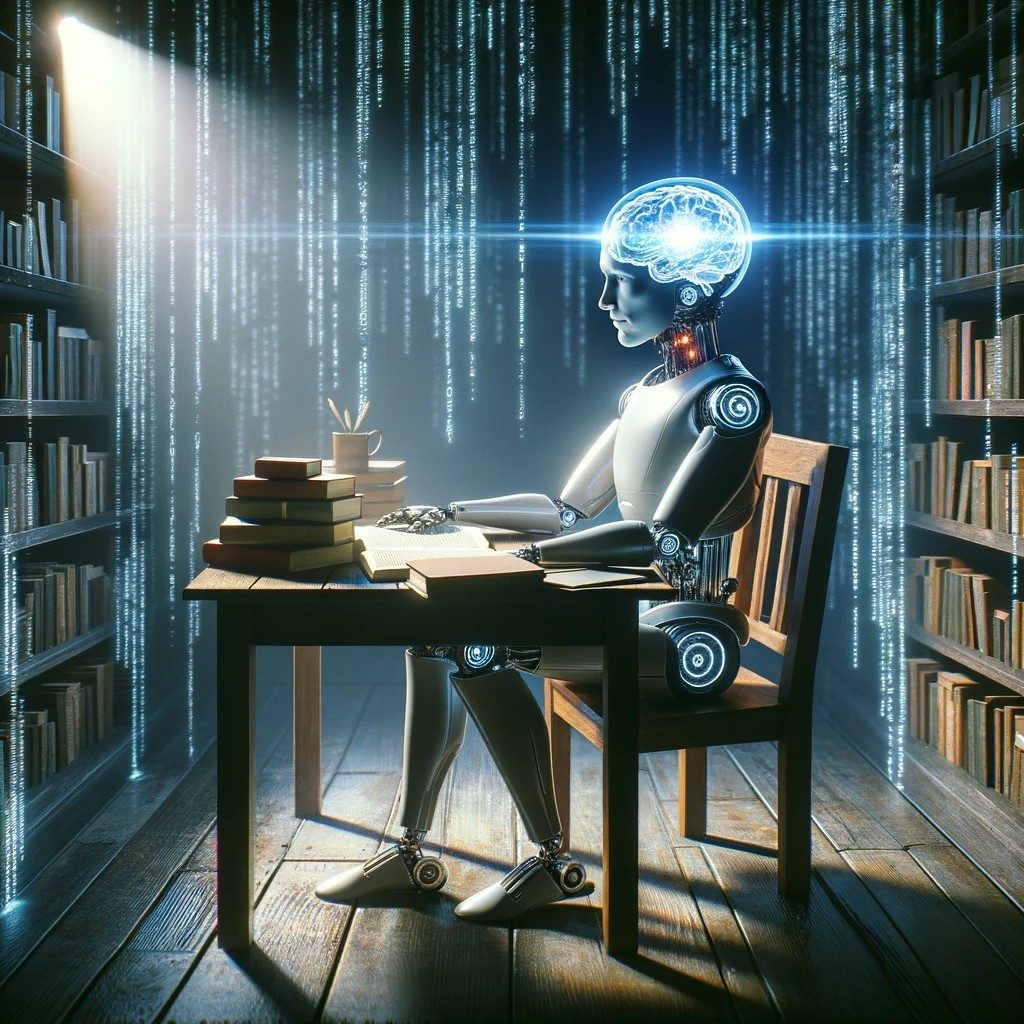Renowned economist and Nobel laureate, Christopher Pissarides, has recently shared his insights on the one-year anniversary of the launch of ChatGPT, a powerful language model developed by OpenAI. This milestone prompts a critical evaluation of the impact of ChatGPT on workplace automation, shedding light on its implications for various industries and the labor market.
ChatGPT’s role in shaping workplace dynamics
ChatGPT, powered by OpenAI’s cutting-edge language model technology, has played a pivotal role in transforming the dynamics of the modern workplace. Its ability to comprehend and generate human-like text has found applications across industries, from customer service and content creation to business communication and data analysis.
As ChatGPT seamlessly integrates into workplaces, Pissarides emphasizes the need for a dynamic adaptation of job roles. Rather than viewing automation as a threat, he suggests that businesses should focus on redefining tasks and leveraging ChatGPT to enhance efficiency. This approach can lead to the creation of new opportunities for human workers, allowing them to engage in higher-value tasks that require emotional intelligence, creativity, and critical thinking.
The balance between automation and human input
Pissarides underscores the importance of maintaining a delicate balance between automation and human input. While ChatGPT excels in handling routine and repetitive tasks, he asserts that human judgment and ingenuity remain irreplaceable in complex decision-making processes. Striking this equilibrium, he believes, is crucial for fostering a harmonious coexistence between AI technologies and the human workforce.
One prevailing concern surrounding AI advancements is the potential displacement of jobs. However, Pissarides contends that rather than leading to widespread unemployment, the integration of ChatGPT is likely to result in a shift in the nature of jobs. He suggests that reskilling and upskilling programs can empower workers to adapt to the evolving demands of the job market, ensuring a smooth transition into roles that complement AI capabilities.
The need for ethical implementation
In discussing the implications of ChatGPT, Pissarides emphasizes the importance of ethical considerations in its implementation. Ensuring transparency, accountability, and fairness in AI usage is paramount to building trust among employees and stakeholders. Stricter regulations, he suggests, may be necessary to govern the ethical deployment of AI technologies in the workplace.
A collaborative future
As we reflect on ChatGPT’s one-year anniversary, Christopher Pissarides’ insights provide a balanced perspective on the evolving landscape of workplace automation. The integration of AI technologies, when approached judiciously, has the potential to enhance productivity, foster innovation, and create a collaborative future where humans and machines complement each other’s strengths.
In embracing this future, businesses must invest in the continuous development of their workforce, ensuring that employees are equipped with the skills necessary to thrive in a digitally augmented environment. As we move forward, the synergy between human intellect and artificial intelligence, exemplified by ChatGPT, will likely shape a future where efficiency and innovation coexist harmoniously in the workplace.




